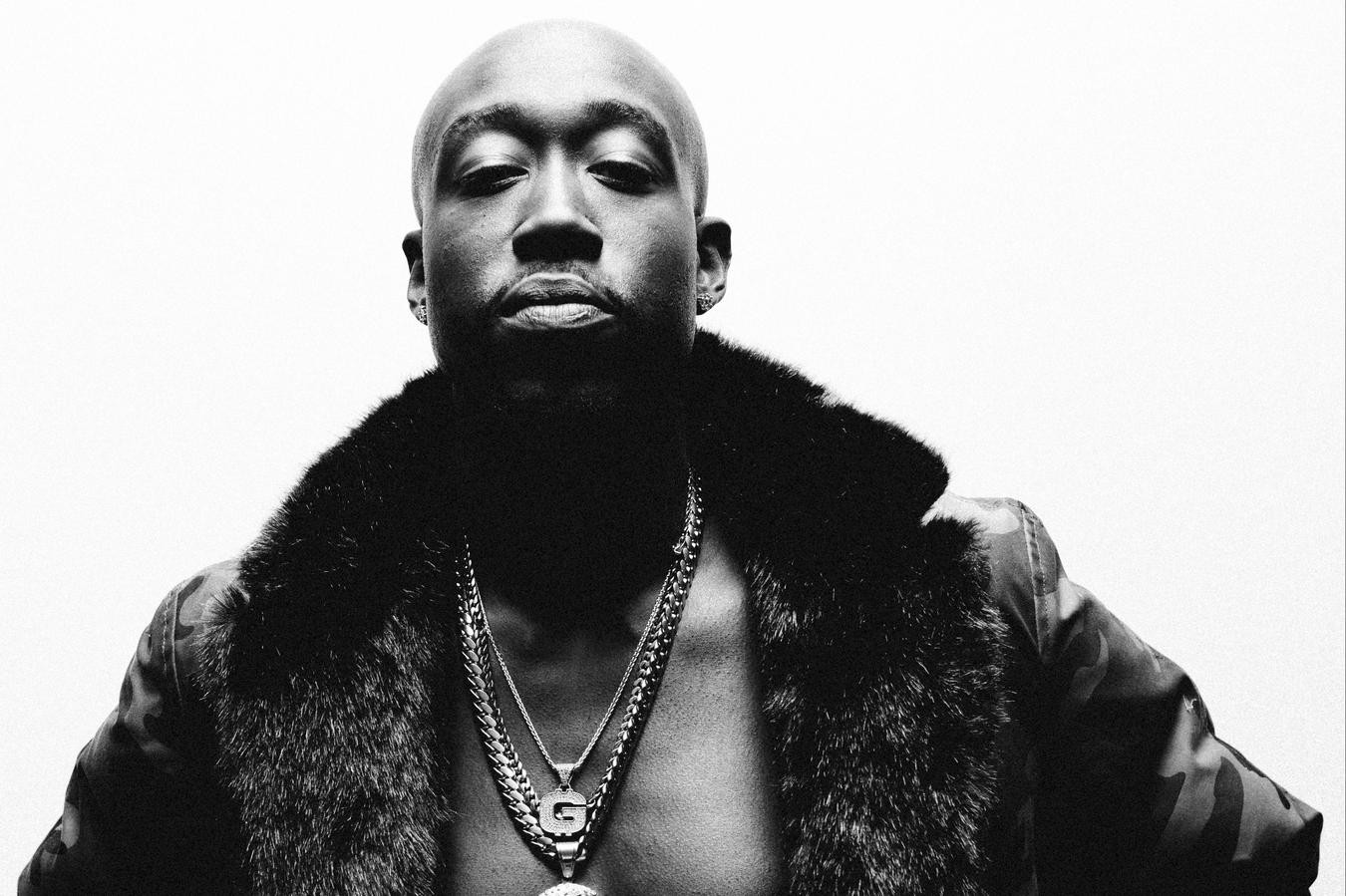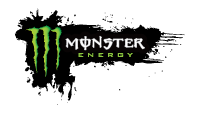"Many rappers may secretly wish they could be as uninhibited as Freddie Gibbs, arguably Gary, Indiana’s greatest export since steel, Michael Jackson and actor Fred “The Hammer” Williamson. Gibbs, an authentic product of violent, drug-laden streets, has artfully and consistently told tales of ghetto life since his rap emergence in 2004, making no apologies for the person he is and the things he has done.
Freddie’s keen survivalist mentality and work ethic won him a scholarship to Ball State University for football, but he was dismissed over questionable allegations. It’s fair to assume that Freddie hadn’t completely divorced himself from the streets, but whatever the case, higher education was no longer a viable option. Gibbs was cast back into the sink-or-swim realities of his upbringing, and he resorted to pimping and manufacturing freebase to keep the lights on. A humble critic, Freddie never meant to be a part of t...
Show the rest
"Many rappers may secretly wish they could be as uninhibited as Freddie Gibbs, arguably Gary, Indiana’s greatest export since steel, Michael Jackson and actor Fred “The Hammer” Williamson. Gibbs, an authentic product of violent, drug-laden streets, has artfully and consistently told tales of ghetto life since his rap emergence in 2004, making no apologies for the person he is and the things he has done.
Freddie’s keen survivalist mentality and work ethic won him a scholarship to Ball State University for football, but he was dismissed over questionable allegations. It’s fair to assume that Freddie hadn’t completely divorced himself from the streets, but whatever the case, higher education was no longer a viable option. Gibbs was cast back into the sink-or-swim realities of his upbringing, and he resorted to pimping and manufacturing freebase to keep the lights on. A humble critic, Freddie never meant to be a part of the problem, and explored means of supporting himself without partaking in the cyclical plague of drugs and prostitution. A gifted writer who stood out amongst his peers with his reserved wit and command of language, Freddie began to rap about the things he saw.
He has independently created a discography that illustrates his experiences as a struggling denizen of a blighted community. Despite the bleakness of the underlying subject matter, Gibbs continuously manages to dose each compilation with positivity and humor. In 2010, XXL Magazine caught wind of Freddie’s unique approach and nominated Gibbs to their Freshman Top 10. Subsequently, Freddie Gibbs’ previous mixtapes, which capture the forsaken instrumental aesthetic of 90’s boom-bap and juxtapose it with his distinctly Midwestern double-time flow, began to garner widespread critical acclaim and industry attention.
His 2013 collaboration album with the legendary producer, Madlib, has been named an instant classic and one of the best albums of the past decade by numerous music publications.
His willingness to both function in the world of gangster rap and to step outside the strict confines of hip hop to form unexpected collaborations with artists from a broad musical spectrum highlights a truly versatile musician. Freddie has sufficiently positioned himself as a recession-era mascot for the disenfranchised Midwestern working class and he wears the title exceptionally well. It was Public Enemy’s Chuck D that once famously called hip-hop “the CNN of the ghetto”, and the sentiment is particularly applicable to Freddie’s music."
Hide the rest












